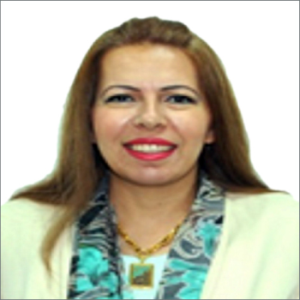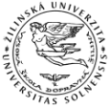Tutorial
Game Design Document Template for Different Game Genres
Abstract
This tutorial about introducing a standard Game Design Document (GDD) template that could be suitable for different game genres and at the same time
easy to use by Indie game developers and expert game developers.
Game development has evolved to incorporate large projects employing hundreds of people and a development time measured in year. Before creating GDD,
the developer must discover what the objective of the game is, what would be the fun factor and what the type of players of this game.
There is no standard way to build GDD. In this tutorial, we creates a template that will facilitate the work to create standard GDD for the game designer
and developer. In this template, we have tried to organize and cover all the important aspect need to be specified to be general for different game genres.
Actually, Lack of documentation is a common source of additional problems. The documentation can be valuable in reducing feature creep. Having a finite amount
of documentation is useful when game developers work on difficult projects, as this helps to obtain a good estimate for project scope and schedule. Usually,
GDD generates a lot of uncertainty around a game goal and solution requirements. A good GDD will be the guide through game development process. While,
A poor GDD may result in feature creep, and as a consequence, delays and missed milestones may also occur.
Curriculum Vitae
Dr.Rula Al Azawi is Associate Professor in the College of Technological Innovation at Zayed University. Dr.Rula received her Ph.D. in Intelligent Software Engineering
(Game Development Methodology) at De-Montfort University ‐ UK in 2015.
Her Current research direction involves in the field of Artificial intelligent, Software Engineering, Game Design, Serious Game, Educational Game, Game Metrics,
Multi-Agent System and STEM education. Her current research in the Augmented Reality, Virtual Reality and mix Reality.
She has around twenty years of teaching experience as senior lecturer and Associate Professor with proficiency in teaching several computer science topics with
affiliation of UK Universities.
She worked in Quality Assurance to create Self Evaluation Document (SED) for computing department at Gulf College and with Ministry of Higher Education in Oman for
licensing academic program for Bachelors of Software Engineering. In the past, she worked as a Program Leader for the Computer Science department in Gulf college
for eleven years.
Tutorials
Tutorials for MESM'2019 - GAME-ON-ARABIA'2019 can be proposed in the following three categories:
- T1- Introductory Tutorials
- T2- State of the Art Tutorials
- T3- Software and Modelware Tutorials
Tutorial proposals should be emailed to Philippe.Geril@eurosis.org, by indicating the type of tutorial you would like to suggest. (T1, T2 or T3) before MAY 15, 2019. A confirmation email will be sent to verify that the proposal was received.
Examples of topic areas for tutorial proposals should mirror the topics in the list of conference themes and workshops.
Proposals must be submitted electronically via e-mail, as plain text or in PDF. The tutorial submission should be contained within five pages. Various parts of the proposal for accepted tutorials may be edited for incorporation in the Advance Program.
When preparing a tutorial submission, please consider the suggested template (to be linked later).
Financial Terms
An accepted conference university tutor receives a free conference registration plus a free publication of his tutorial paper. University tutorial presenters will receive also an honorarium depending on the number of attendees registering specifically for the tutorial outside the conference registrants. The precise amount of the honorarium will be determined immediately after the early registration deadline.
Tutorials that have less than 8 early registrants will face the risk of cancellation.
Tutorial Selection Committee
The proposals received will be reviewed by the Selection Committee to ensure a high quality and appropriate mix for the conference. The goal of the Selection Committee is to provide a diverse set of tutorials that attract a large interest among the broad segments within the diverse simulation community.




